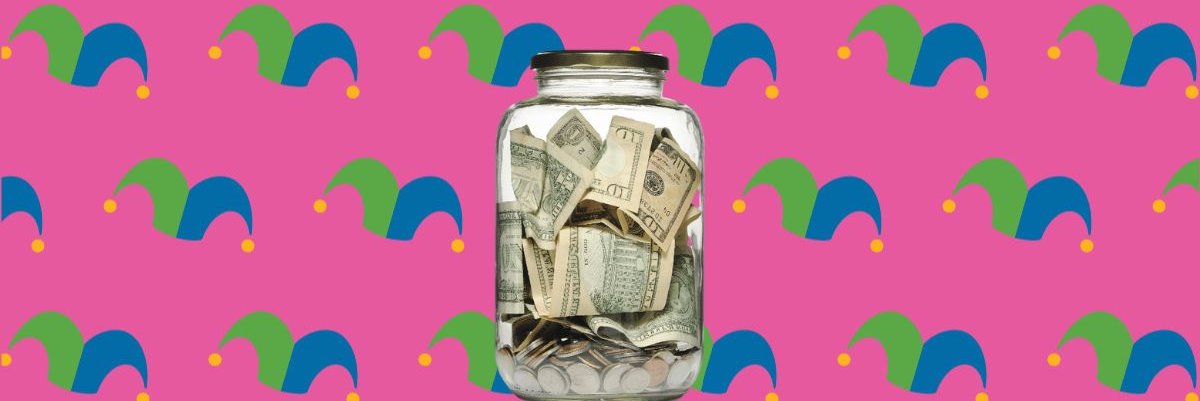Here's Why a $1,000 Emergency Fund Probably Isn't Enough for You
KEY POINTS
- Building an emergency fund is essential to prepare for unexpected bills.
- For most people, including yourself, $1,000 is likely insufficient for an emergency fund.
- You want to save enough money to cover your housing expenses and other necessary bills for several months.
Establishing an emergency fund is an excellent money move. Having extra cash saved for unexpected expenses can reduce stress and make you feel more confident about your finances. But how much money should you save? Is $1,000 enough?
Probably not. Even if you need to slowly build your fund over many months or years, setting a savings goal higher than $1,000 is a good idea. I'll explain why.
Make sure you can cover your housing expenses
The reason $1,000 probably isn't enough money saved for your emergency fund is that your monthly housing costs alone are likely well above $1,000. If you experience a significant life change, like job loss or a medical emergency, you don't want to be without a home because you can't make your rent or mortgage payments.
Data compiled by Rent.com found that the national median price of an apartment in March 2024 was $1,987. What about people with mortgages? According to data from the Mortgage Bankers Association, the average mortgage payment in March 2024 was $2,201. This data examined recent mortgages, so home buyers who purchased their homes in earlier years may pay less.
If your rent or mortgage payment is below $1,000, that's fantastic news. But can you also cover your utility bills and other necessary expenses if you're without income for a month or more?
Setting aside enough money to cover all your housing costs is a must. You'll likely want to save enough to continue paying your bills for several months -- not just one month.
Ask yourself: How much money is enough to cover my expenses?
Unsure how much money to keep in your emergency fund? Consider the cost of your everyday expenses to determine how much emergency savings you need. Sure, some costs can be eliminated -- like your Netflix subscription. But you'll still need to pay your rent and utility bills. Other necessary expenses, like insurance, should continue to be paid as well.
Here's how to calculate your savings goal: First, add up the cost of your monthly bills. Then, determine how many months you want to save up for and multiply the total by that number.
We have a tool for you if you need help calculating your emergency savings goal. Motley Fool Money's emergency fund calculator makes it easy to determine your savings amount. Our calculator takes your total expenses and shows you how much money you need to save to cover six months of your living expenses.
Don't wait to save -- it's OK to start small
Are you feeling discouraged about where your emergency fund stands today? Remember: Any money saved is a win. Most people can't save thousands of dollars within a few weeks or months. You're still making fantastic progress if you can only afford to set aside $25, $50, or $100 monthly. Having some emergency savings is better than having none.
If you're saving, don't miss out on the chance to earn interest. We recommend keeping your extra money in a high-yield savings account. You'll earn interest while your cash sits in the bank. Any interest earned will get you closer to your savings goals.
Our Research Expert




